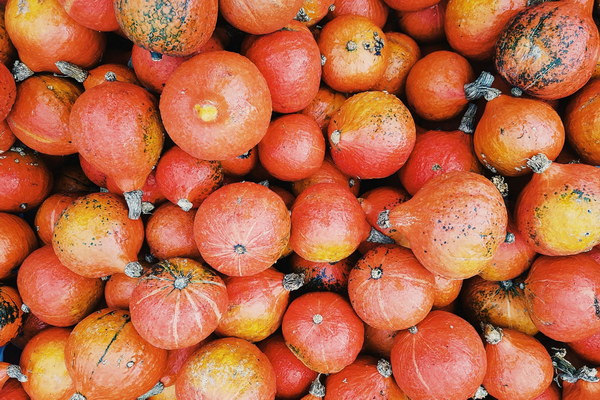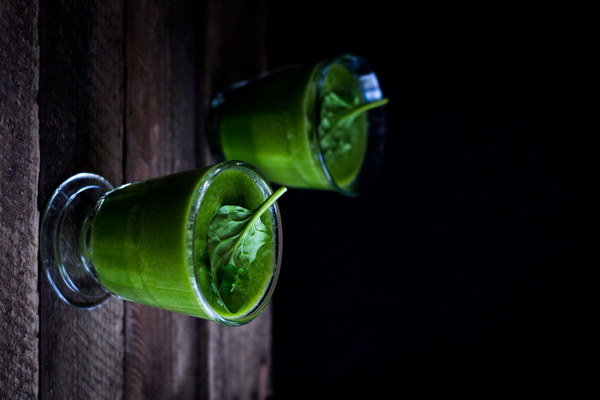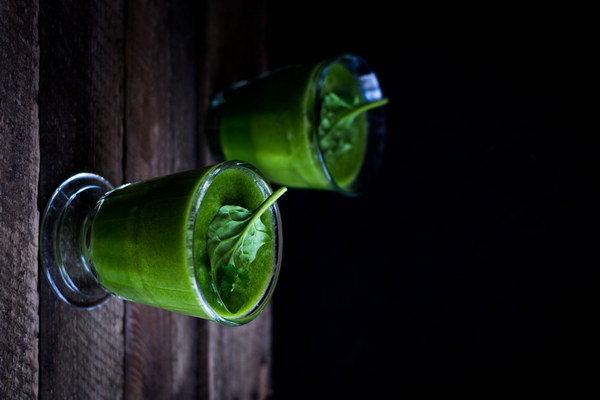The Pneumonary Alchemy Unveiling the Secrets of The Book of Lung Nourishment
In a world where the air we breathe is laden with pollutants and toxins, our lungs bear the brunt of it all. The ancient wisdom encapsulated in The Book of Lung Nourishment offers a beacon of hope for those seeking to safeguard and rejuvenate their respiratory health. This literary gem delves into the art and science of lung care, offering a holistic approach to breathe life into our lungs. Let us embark on a journey of discovery as we unravel the secrets of The Book of Lung Nourishment.
Chapter 1: The Significance of Lung Health
The lungs, often termed the silent organs, are crucial to our survival. They facilitate the exchange of oxygen and carbon dioxide, enabling us to live and thrive. In The Book of Lung Nourishment, we learn that the health of our lungs is directly linked to our overall well-being. By nurturing our lungs, we pave the way for a longer, healthier life.
Chapter 2: The Path to Pneumonary Alchemy
The Book of Lung Nourishment introduces the concept of pneumonary alchemy – the transformation of polluted air into pure, life-giving breath. This ancient practice involves a combination of diet, exercise, meditation, and herbal remedies. By adhering to these principles, one can purify the lungs, enhancing their capacity to absorb oxygen and expel waste products.
Chapter 3: Diet – The Foundation of Lung Health
A well-balanced diet is pivotal in maintaining lung health. The Book of Lung Nourishment highlights the benefits of incorporating certain foods into our daily meals:
1. Fruits and Vegetables: Rich in antioxidants, these foods help combat free radicals that damage lung tissue. Apples, berries, and leafy greens are particularly beneficial.
2. Nuts and Seeds: Almonds, walnuts, and flaxseeds are excellent sources of omega-3 fatty acids, which reduce inflammation and improve lung function.
3. Herbs and Spices: Turmeric, ginger, and garlic possess anti-inflammatory properties that aid in lung health.
4. Fish: Omega-3 fatty acids found in fish like salmon and sardines help reduce the risk of chronic lung diseases.
Chapter 4: Exercise – The Key to Lung Vitality
Regular physical activity is crucial for maintaining lung capacity and strength. The Book of Lung Nourishment suggests the following exercises to enhance lung function:
1. Breathing Exercises: Pranayama, a traditional yoga practice, focuses on controlled breathing techniques that increase lung capacity and oxygen intake.
2. Walking: A simple yet effective exercise that promotes deep breathing and enhances lung function.
3. Swimming: This full-body workout strengthens the respiratory muscles and improves lung capacity.
Chapter 5: Meditation – The Path to Inner Peace and Lung Health
Meditation is a vital component of The Book of Lung Nourishment. It helps calm the mind, reduce stress, and improve lung health. The following meditation techniques are recommended:
1. Mindfulness Meditation: Focusing on the present moment, this practice helps reduce anxiety and improve lung function.
2. Breathing Meditation: Concentrating on the breath, this technique encourages deep, diaphragmatic breathing, which is beneficial for lung health.
Chapter 6: Herbal Remedies – Nature's Gift to Lung Health
The Book of Lung Nourishment offers a plethora of herbal remedies to support lung health. Some of the most notable include:
1. Mullein: A natural expectorant that helps clear the lungs of mucus and promote healthy breathing.
2. Thyme: Possesses antibacterial and anti-inflammatory properties, making it beneficial for respiratory health.

3. Eucalyptus: A powerful expectorant that helps alleviate congestion and promote clear airways.
Conclusion
In conclusion, The Book of Lung Nourishment serves as a comprehensive guide to preserving and enhancing lung health. By embracing the principles of pneumonary alchemy, we can transform our lives, breathe easier, and live healthier, happier lives. Let us embark on this journey of self-discovery and embrace the wisdom of the ages to ensure a lifetime of robust, healthy lungs.









